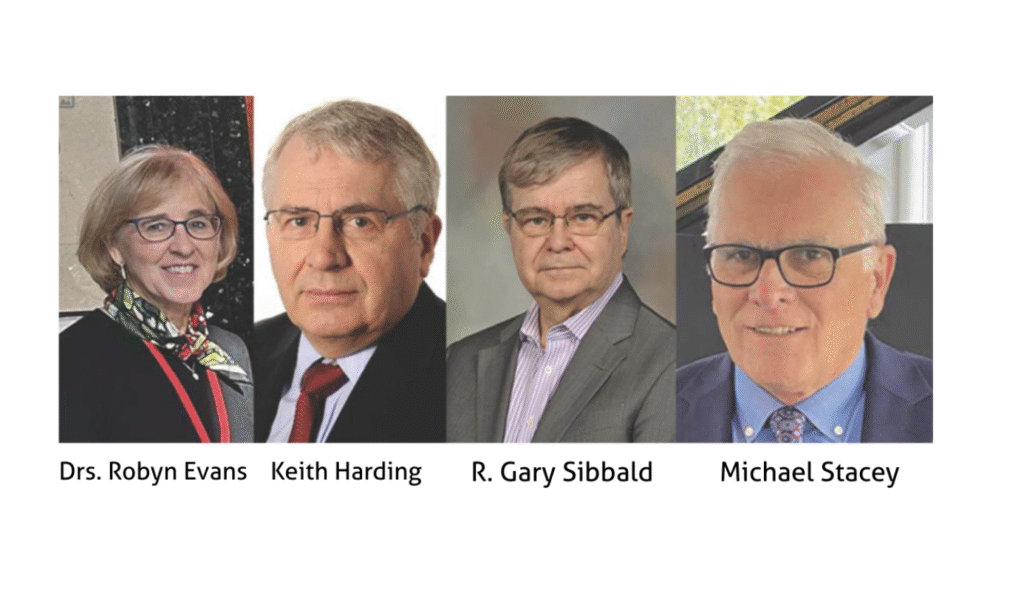Wound care experts from across Canada convened for an educational symposium featuring four of the world’s foremost specialists — Drs. Robyn Evans, Keith Harding, R. Gary Sibbald, and Michael Stacey. The session explored the latest evidence supporting the use of the geko® device in managing chronic wounds, particularly venous leg ulcers.
The event examined new clinical data and practical experience showing how neuromuscular electrostimulation can stimulate circulation, promote faster healing, and relieve strain on healthcare systems. Central to the discussion was the Canadian Consensus Statement for the Management of Venous Leg Ulcers, now endorsed by Nurses Specialising in Wound, Ostomy and Continence Canada and the Canadian Home Care Association.
Evidence presented indicated that the geko® device may help reduce healing times, cut down on wound supply consumption, and enhance patient comfort. Such outcomes are of growing significance for healthcare teams in both acute and community settings, as many face increasing demand and limited staffing.
“This was a valuable opportunity to hear from global leaders who have each played a pivotal role in advancing wound care research and practice,” said Geoff Fournie, General Manager of Perfuse Medtec Inc., the Ontario-based distributor of the geko® device in Canada.
Dr Michael Stacey, session moderator and Founder of the World Union of Wound Healing Societies, added: “The evidence continues to evolve, and the data now clearly supports the use of neuromuscular electrostimulation as a safe and effective adjunct to traditional therapies.”
Chronic wounds, including venous leg ulcers (VLUs) and diabetic foot ulcers, remain a major clinical concern in Canada. They not only impact patients’ quality of life but also significantly increase healthcare expenditure through repeated dressing changes, hospital admissions, and community nursing services. Innovative treatments capable of accelerating healing and alleviating long-term costs are therefore increasingly in demand.
The event’s discussions highlighted growing recognition of how non-invasive, technology-driven solutions can improve healing outcomes across diverse care environments. Experts concluded that progress in this field depends on continued clinician training, robust data collection, and collaboration between healthcare authorities and innovators.
With health systems globally seeking to enhance efficiency, reduce admissions, and improve patient wellbeing, wearable devices like the geko® are expected to play a crucial role in transforming wound care management. For a link to the event recording, please contact: info@perfusemedtec.com


